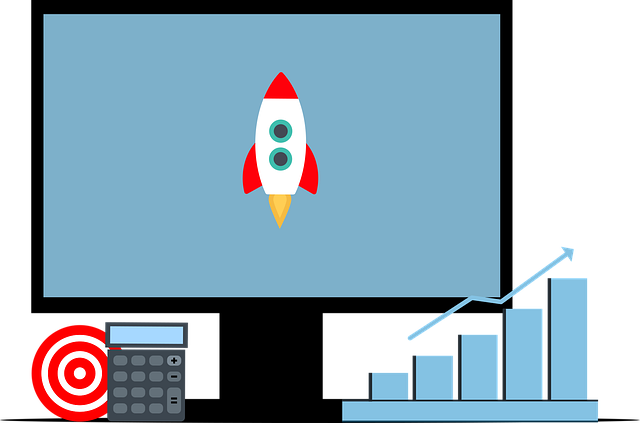AI-driven fraud detection is transforming invoice processing in construction and related sectors, using computer vision and machine learning to analyze subcontractor invoices with unparalleled accuracy. This technology identifies manipulated documents, fake signatures, and altered amounts by comparing against vast legitimate invoice databases, and verifies authenticity through cross-referencing with project records, purchase orders, and geographic information. By minimizing manual labor, enhancing accountability, and detecting anomalies like unauthorized access or unusual equipment use, AI computer vision saves time, money, and resources while significantly reducing the risk of AI fraud in subcontractor invoices, fostering trust and fairness throughout supply chains.
In today’s digital era, AI is transforming industries, including landscaping. This article delves into the revolutionary power of AI in enhancing landscape management, particularly focusing on AI-assisted fraud detection for subcontractor invoices and computer vision analysis of yard contracts. We explore how these technologies improve transparency and efficiency by automating invoice verification, identifying anomalies, and streamlining contract review processes. By leveraging AI, landscaping businesses can navigate complexities with greater accuracy and speed.
- Understanding AI-Assisted Fraud Detection in Invoicing
- The Role of Computer Vision in Analyzing Landscaping Contracts
- Enhancing Transparency and Efficiency with AI Yard Analysis
Understanding AI-Assisted Fraud Detection in Invoicing

AI-assisted fraud detection is transforming the way invoice processing, especially in complex sectors like construction, is handled. By leveraging machine learning algorithms and computer vision, AI can analyze invoices, including those from subcontractors, with unprecedented accuracy. This technology scrutinizes visual elements, such as scanned documents or digital images, to identify anomalies that might indicate fraudulent activities.
For instance, AI fraud detection models can recognize manipulated documents, fake signatures, or altered amounts by comparing them against vast databases of known legitimate invoices. It also helps in verifying the authenticity of invoices by cross-referencing them with other data sources like project records, purchase orders, and even geographic information to ensure the work described is consistent with the location and scope. This proactive approach significantly reduces the risk of fraudulent claims, saving businesses time and money.
The Role of Computer Vision in Analyzing Landscaping Contracts

Computer vision is transforming the way landscaping contracts are analyzed, especially in detecting potential AI fraud. By leveraging advanced algorithms, this technology can scrutinize subcontractor invoices with remarkable accuracy, identifying any discrepancies or signs of fraudulent activity. It accomplishes this by extracting and analyzing visual data from images and documents, such as identifying unique features of materials, patterns, and even signatures, to ensure they match the stated invoice details.
This process not only saves time and resources but also enhances accountability and transparency in the landscaping industry. With AI computer vision, businesses can efficiently cross-reference physical work completed against submitted invoices, minimizing the risk of fraudulent claims and ensuring fair compensation for all parties involved.
Enhancing Transparency and Efficiency with AI Yard Analysis

AI landscaping computer vision is transforming yard analysis, enhancing transparency and efficiency across industries. By leveraging machine learning algorithms, this technology can automate the review process of large datasets, such as images and video footage from construction sites or maintenance areas. This not only reduces manual labor but also minimizes the risk of human error in identifying issues like AI fraud detection for subcontractor invoices.
Imagine a scenario where AI systems detect anomalies in yard activities – an unexpected vehicle entering restricted areas, unusual equipment usage patterns, or discrepancies in material inventory. These insights enable businesses to implement proactive measures, streamline operations, and ensure compliance. The ability to quickly identify potential AI fraud contributes to maintaining integrity within supply chains, ultimately fostering trust among stakeholders.
AI-driven yard analysis and computer vision are transforming how landscaping contracts are evaluated, enhancing transparency and efficiency. By leveraging these technologies, businesses can streamline invoice processing, reduce errors, and minimize the risk of fraudulent activities, such as AI fraud detection for subcontractor invoices. This innovative approach not only saves time and resources but also fosters trust within the industry, ensuring fair practices and accurate record-keeping.
